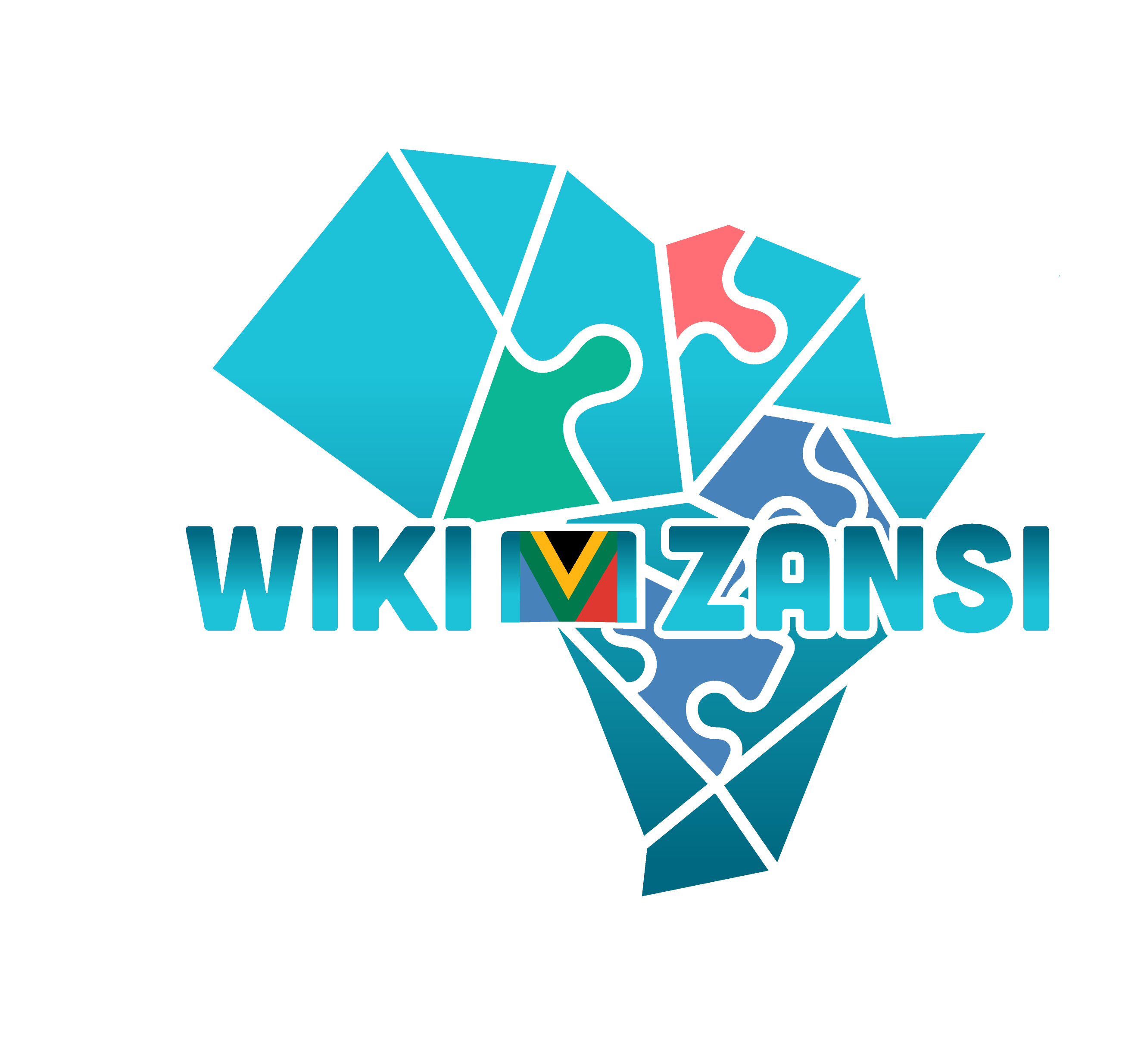Dr. Duncan Ouma

Dr. Duncan Ouma is a lecturer in the School of Economics, Kenyatta University. He holds PhD (Economics) from Kenyatta University, a distinction in MA (Economics) from The University of Mauritius (under the African Economic Research Consortium Collaborative Masters Programme) and First Class Honors in BA (Economics major) from Kenyatta University. He has also undertaken others trainings such as; Research methods and statistical packages, computer studies, CPA and teaching methodology. Dr. Ouma lectures in both undergraduate and post graduate (Masters and PhD) programmes,supervises Masters and PhD students, and also internally examines Masters Projects and PhD Theses . He is a qualified professional in the field of economics with strong quantitative and qualitative analytical skills, research and teaching experience. He has attended and presented papers in both international and local conferences/seminars, and published papers in refereed journal. He has also written several university level modules for a number of institutions including Kenyatta University, COMESA Virtual University, KCA University and Kenya School of Monetary Studies.
Currently, Dr. Ouma is the School’s Examinations Coordinator, and Vice-Chairman of the School Board of Graduate Studies, School of Economics Kenyatta University. He is also a member of several committees in the school, such as; Academic Results Review Committee, Quality Assurance and ISO Co-ordination Committee, Academic Programmes Review Committee and Events Organizing Committee, among others. Dr. Ouma has also participated in a number of consultancies involving Economic and Social Research, among them include; Costing of the functions of National and County governments in Kenya, Determination of Economic burden of Gender Based Violence to survivors and perpetrators in Kenya, Curriculum Development and Review, Government Budget Review and Financial/Market feasibility study for investment projects. He has research interest inMacroeconomics, Microeconomics, Econometrics, International Economics (Trade, Finance and Integration), Economic Growth and Public Sector Economics (Debt Management, Devolution, Public Expenditure and Taxation), Impact Evaluation, Costing of government and institutional functions, Market and financial feasibility studies, among others.
